
✍️ By Dr. Vivek G. Vasoya, MD (Hom.) – Psychiatrist & Psychotherapist
🔍 Introduction: The Paradox of Boredom in a Busy Age
We live in an era where stimulation is endless — 24/7 news, nonstop notifications, dopamine-fueled apps, and instant gratification. And yet, an increasing number of patients tell me:
"I don’t know why, but I feel bored. Even when I’m busy."
This isn’t laziness or depression. It’s a psychological mismatch between external speed and internal silence.
Boredom in the high-paced world is not a lack of things to do — it’s a lack of connection to what we’re doing.
🔄 Boredom is Not Emptiness. It’s Overload.
Contrary to belief, boredom doesn’t come from too little — it comes from too much that doesn’t matter.
When our attention is scattered, when our brains are in constant reaction mode, when everything is urgent but nothing is meaningful — boredom arises.
This is existential boredom — the kind that seeps in even when the calendar is full and the inbox is overflowing.
🧠 The Psychology Behind Boredom Today
Attentional Fatigue
Constant switching of tasks and screens leaves the mind mentally exhausted, even when under-stimulated emotionally.Lack of Internal Anchoring
In the pursuit of speed and “what’s next?”, we lose emotional depth and internal motivation.Shallow Engagement
We scroll, swipe, react — but rarely create, absorb, or connect.Reward Desensitization
The dopamine system gets hijacked by hyperstimulation, making ordinary life feel dull.
⚠️ Clinical Signs of Boredom-Based Dissociation
“I’m doing things but I feel numb.”
“I keep checking my phone even when I don’t want to.”
“Everything feels like a task, nothing feels like purpose.”
This boredom can lead to:
Anxiety
Addictive scrolling/gaming
Restlessness
Chronic dissatisfaction
Even psychosomatic fatigue
✅ Psychotherapeutic Strategies to Handle Modern Boredom
1. Build “Mindful Friction”
Don’t fill every gap. Let stillness be uncomfortable — it reactivates curiosity.
Instead of consuming content during every free moment, try sitting with your thoughts for 3 minutes.
2. Return to Deep Work
Flow states reduce boredom. Encourage activities that involve focus + feedback + personal meaning — even for 20 minutes daily.
Writing, drawing, fixing, learning a language — anything immersive beats passive scrolling.
3. Use Intentional Boredom
Schedule 10 minutes of “boredom” daily — no distractions. Let the mind detox from stimulation. This often leads to spontaneous ideas, emotions, or insight.
This is not deprivation. It’s reconnection.
4. Narrative Therapy Tools
Ask:
“When was the last time you were bored but not empty?”
“What kind of boredom feels calming vs. the kind that feels suffocating?”
This helps patients redefine boredom as a signal — not a failure.
5. Connect Meaningfully, Not Frequently
Loneliness in a connected world is real. Replace 10 shallow interactions with 1 meaningful conversation per day.
🎯 Conclusion: Boredom Is a Clue, Not a Curse
If boredom visits you even while you’re busy, it’s not because your life lacks speed — it’s because it may lack stillness, creativity, and connection.
Don't fight boredom. Understand what it’s pointing to.
Because often, boredom is the beginning of awakening.
✍️ Dr. Vivek G. Vasoya, MD (Hom.)
Psychiatrist | Psychotherapist | Mind–Body Integrative Healer

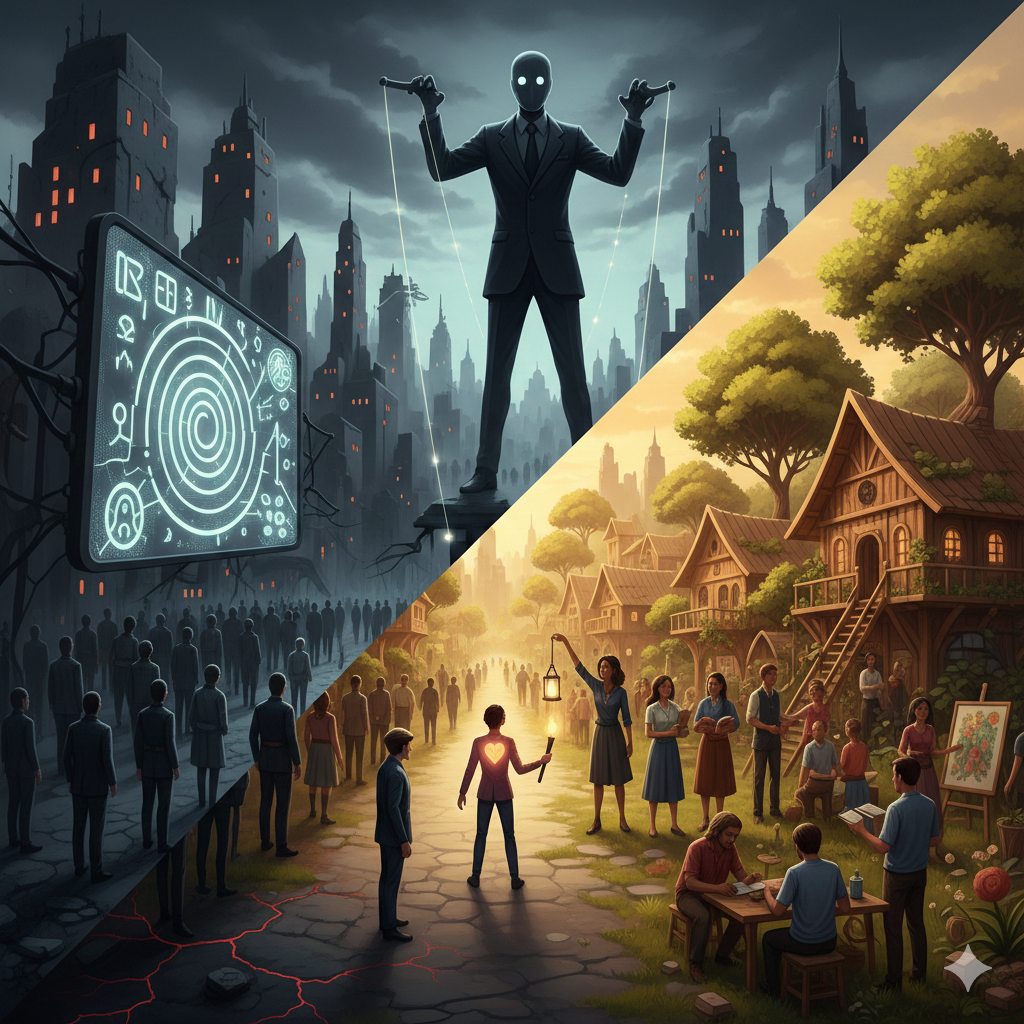

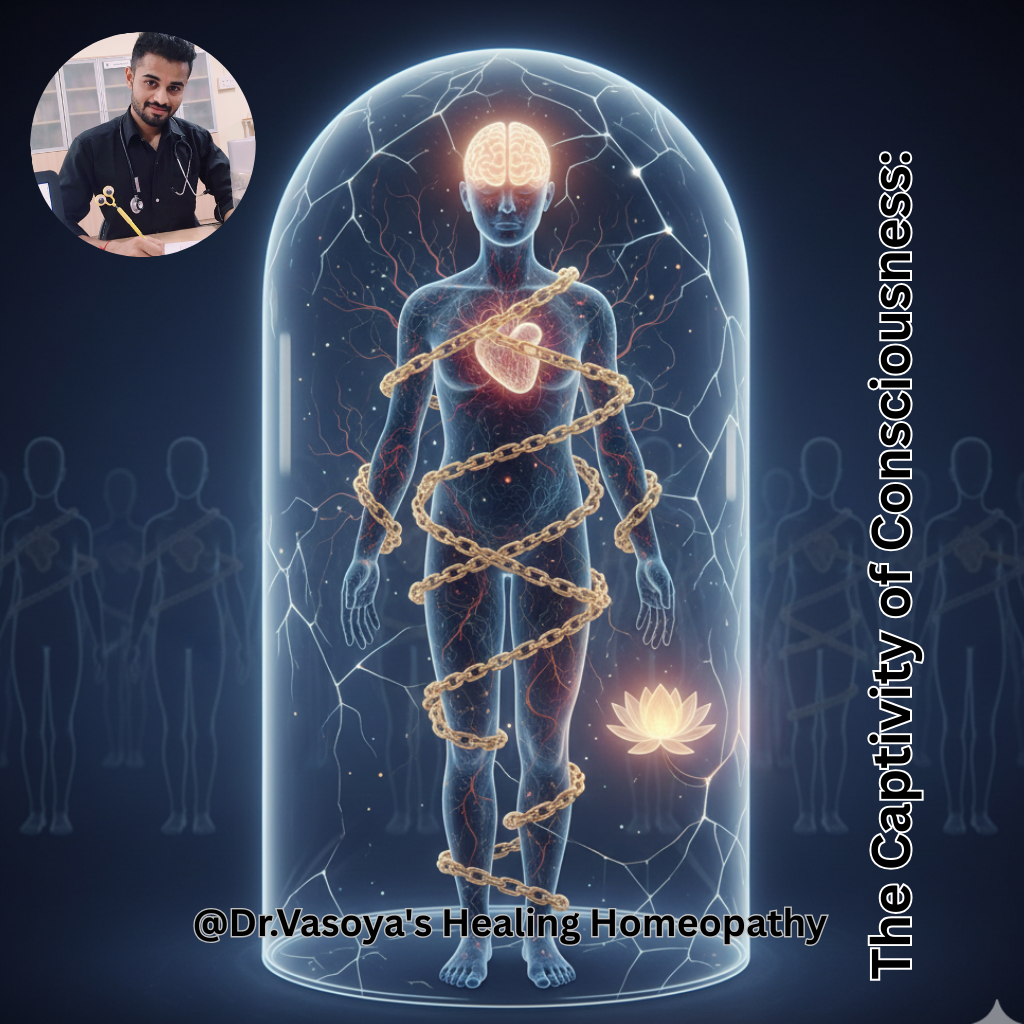

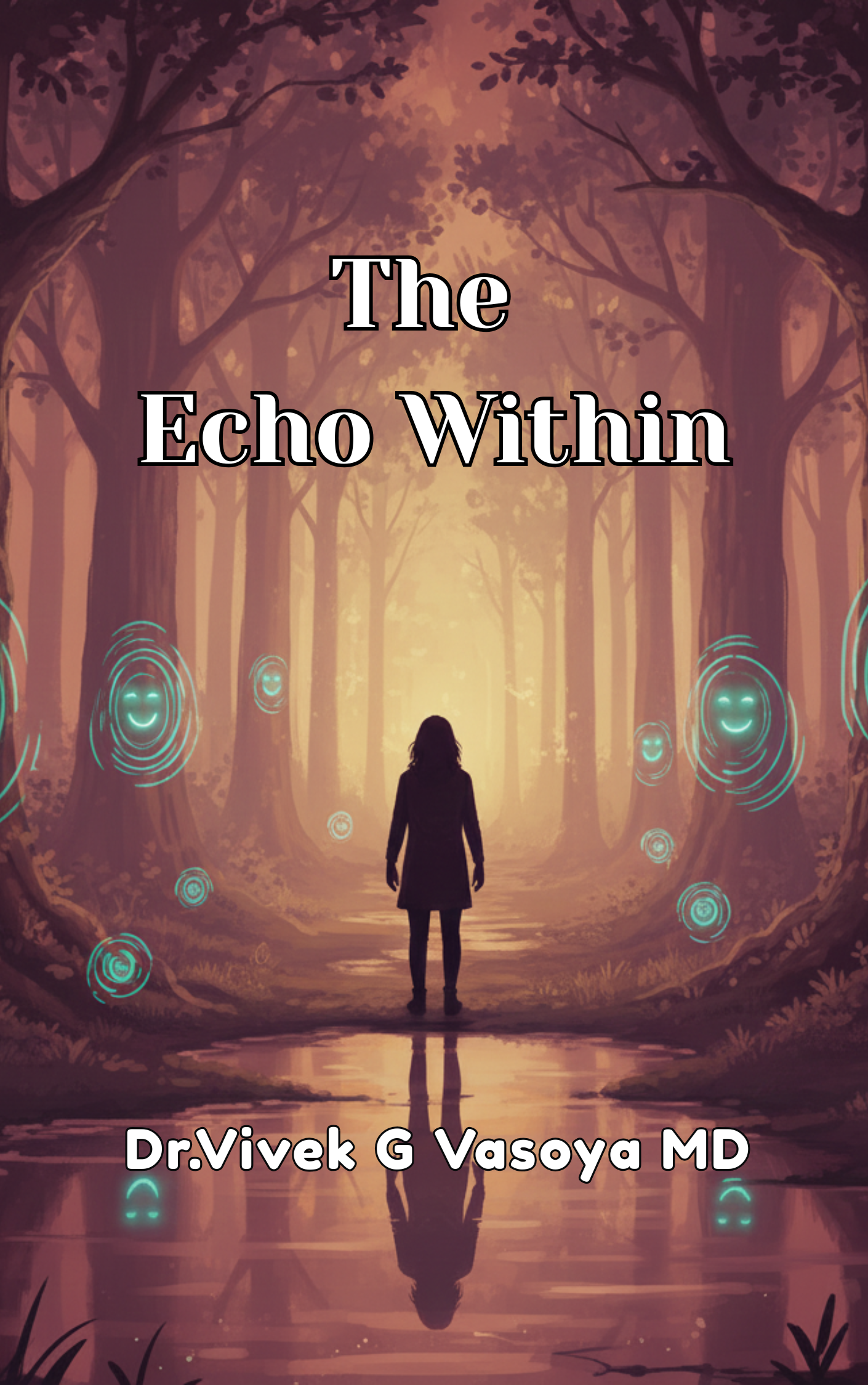
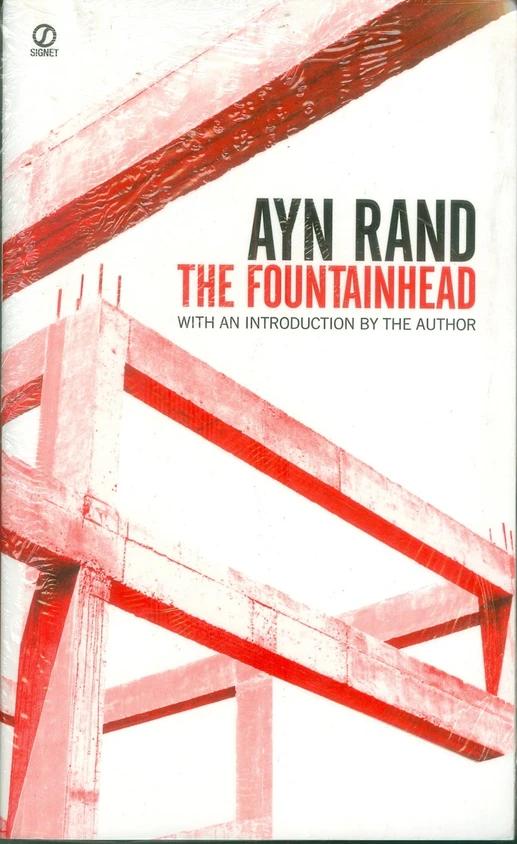

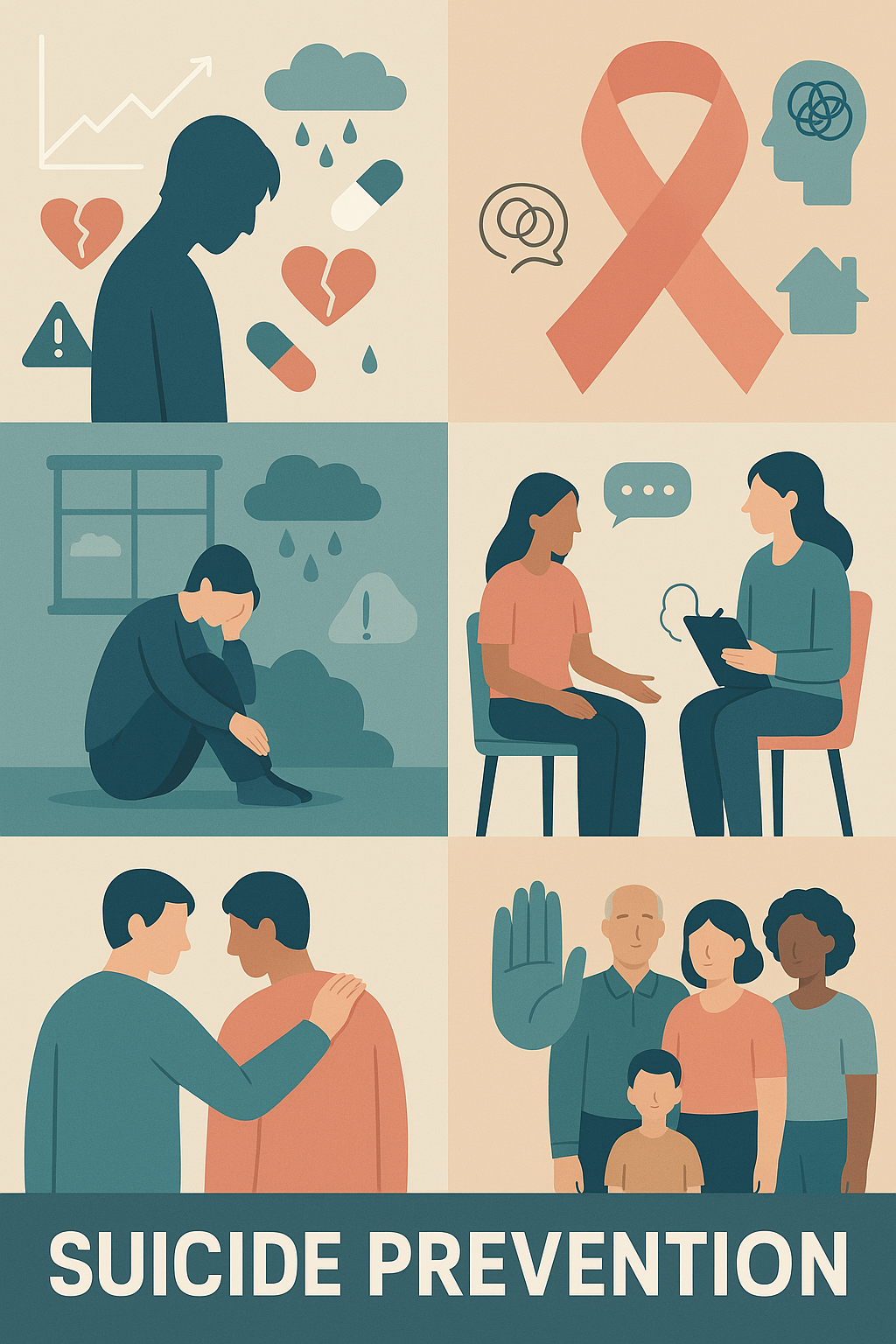
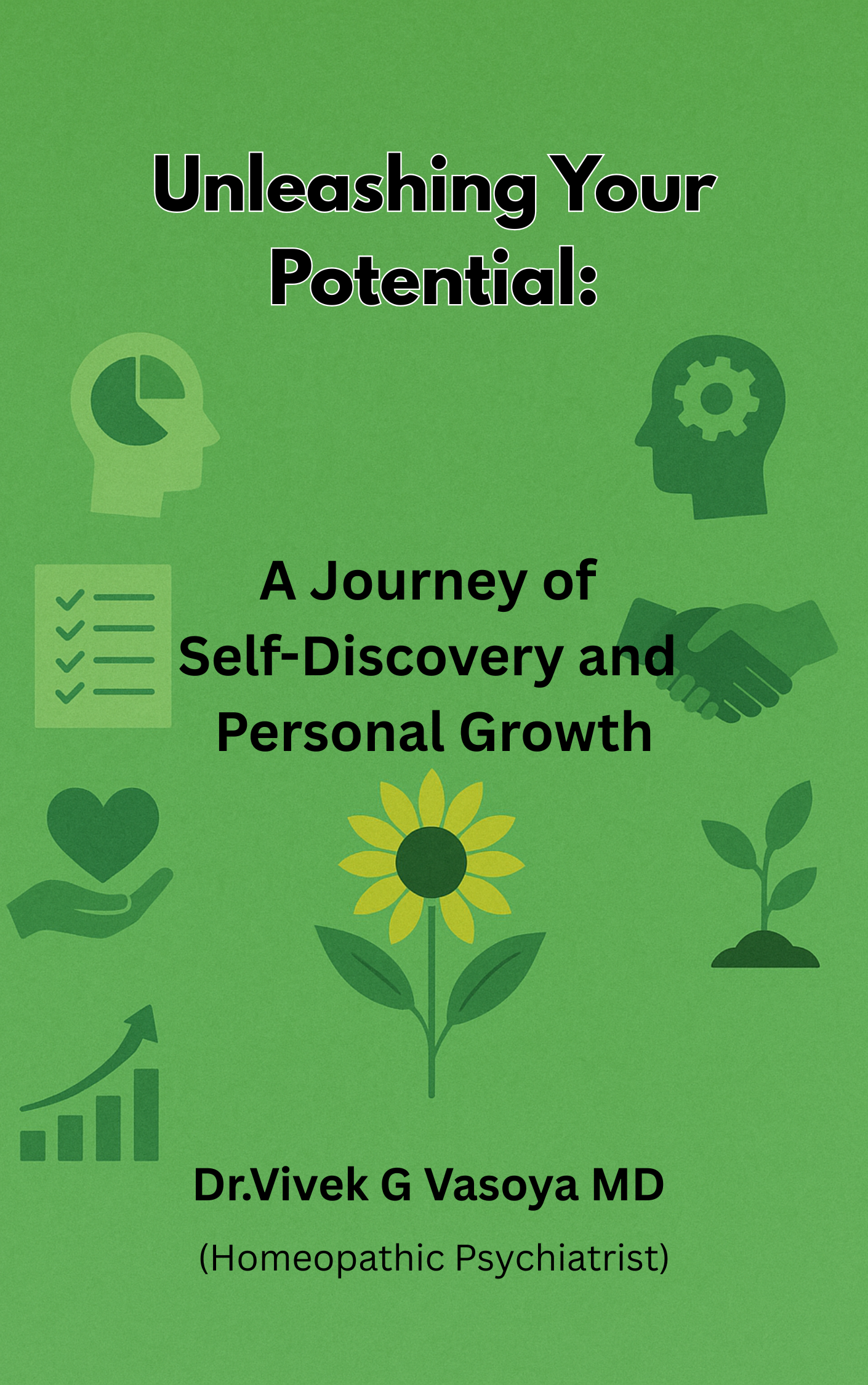
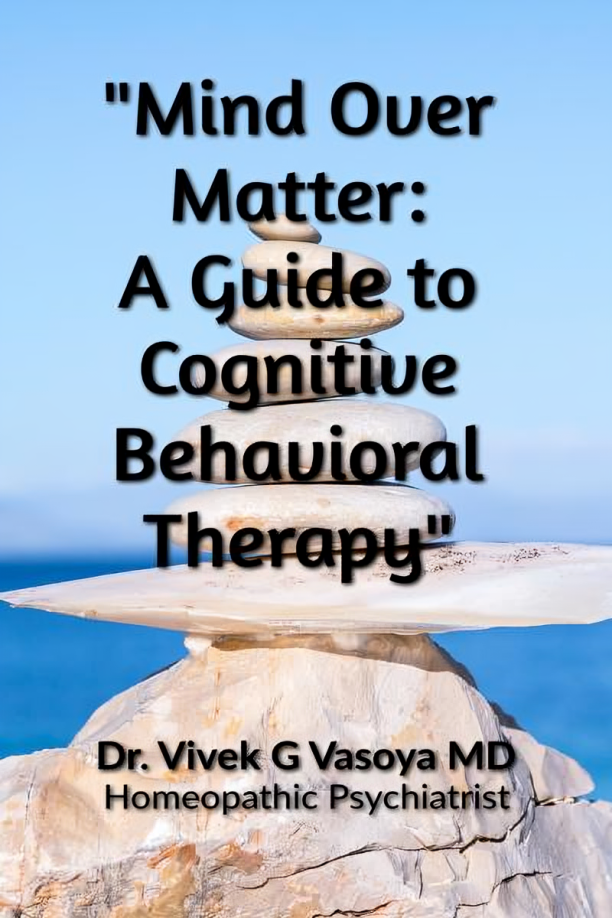
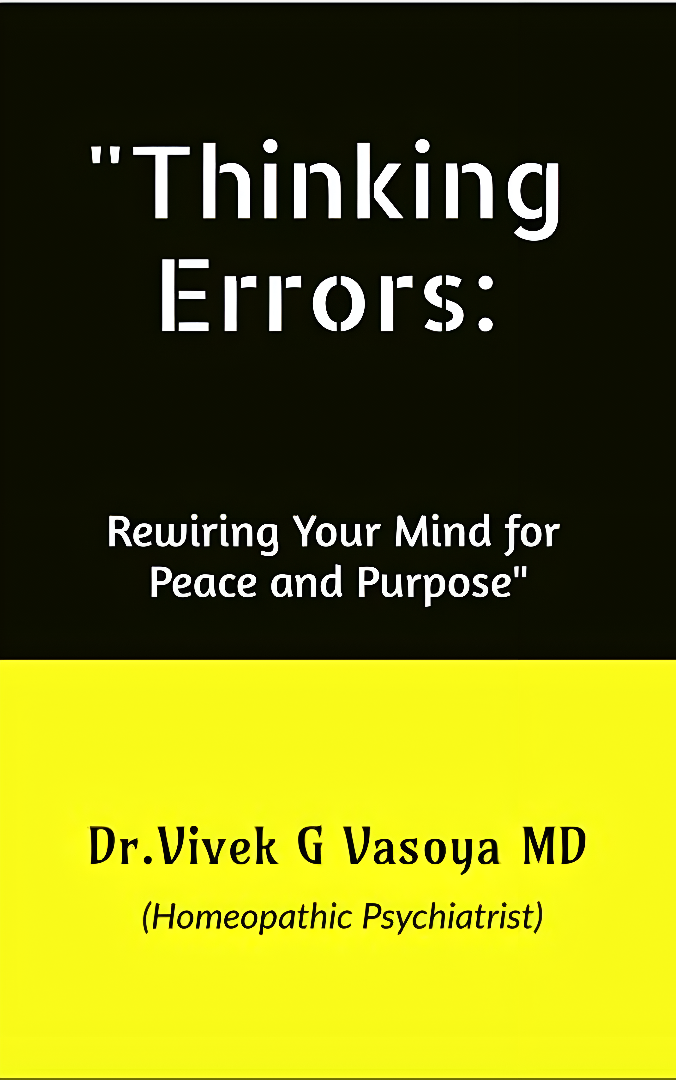
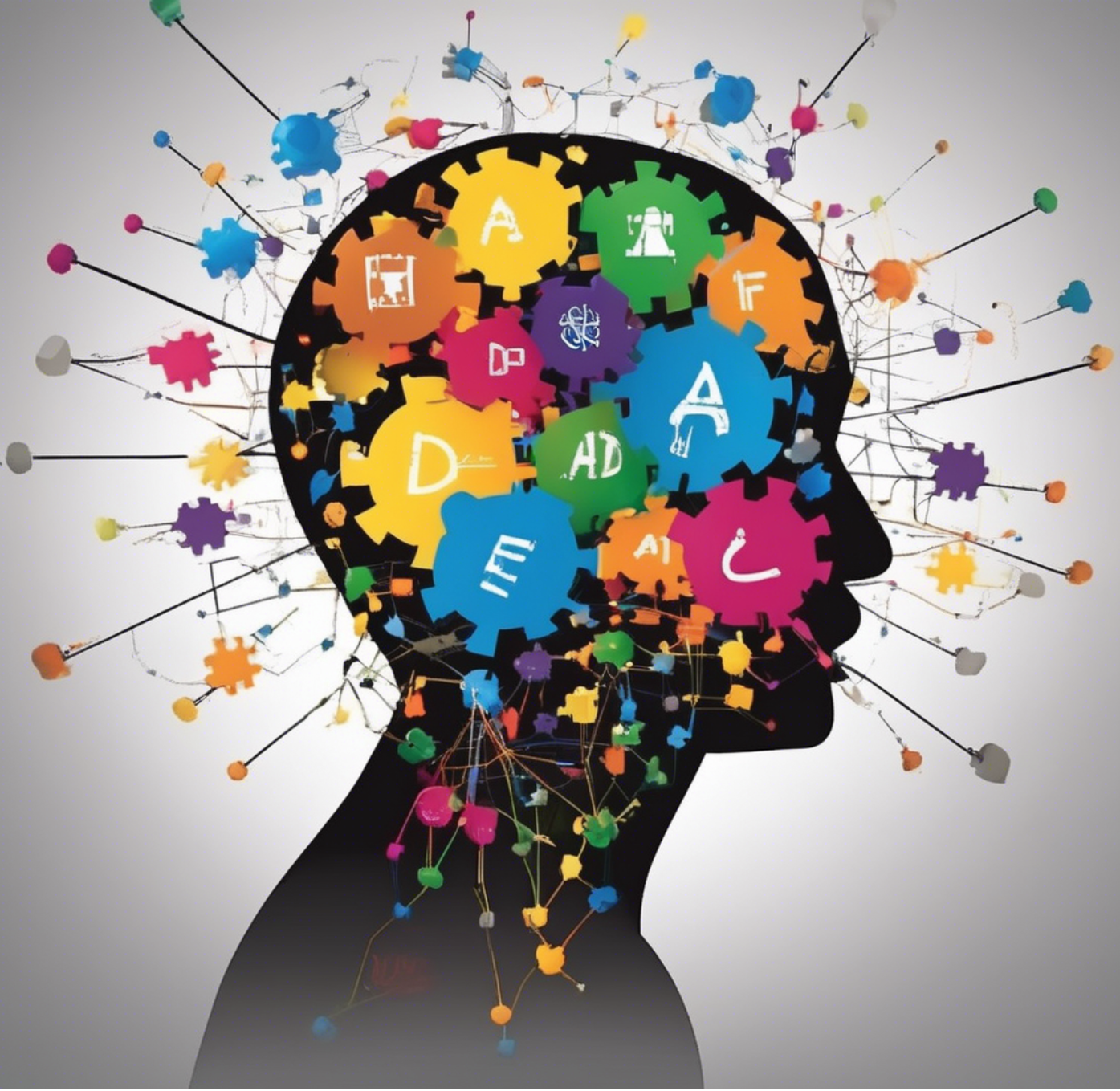
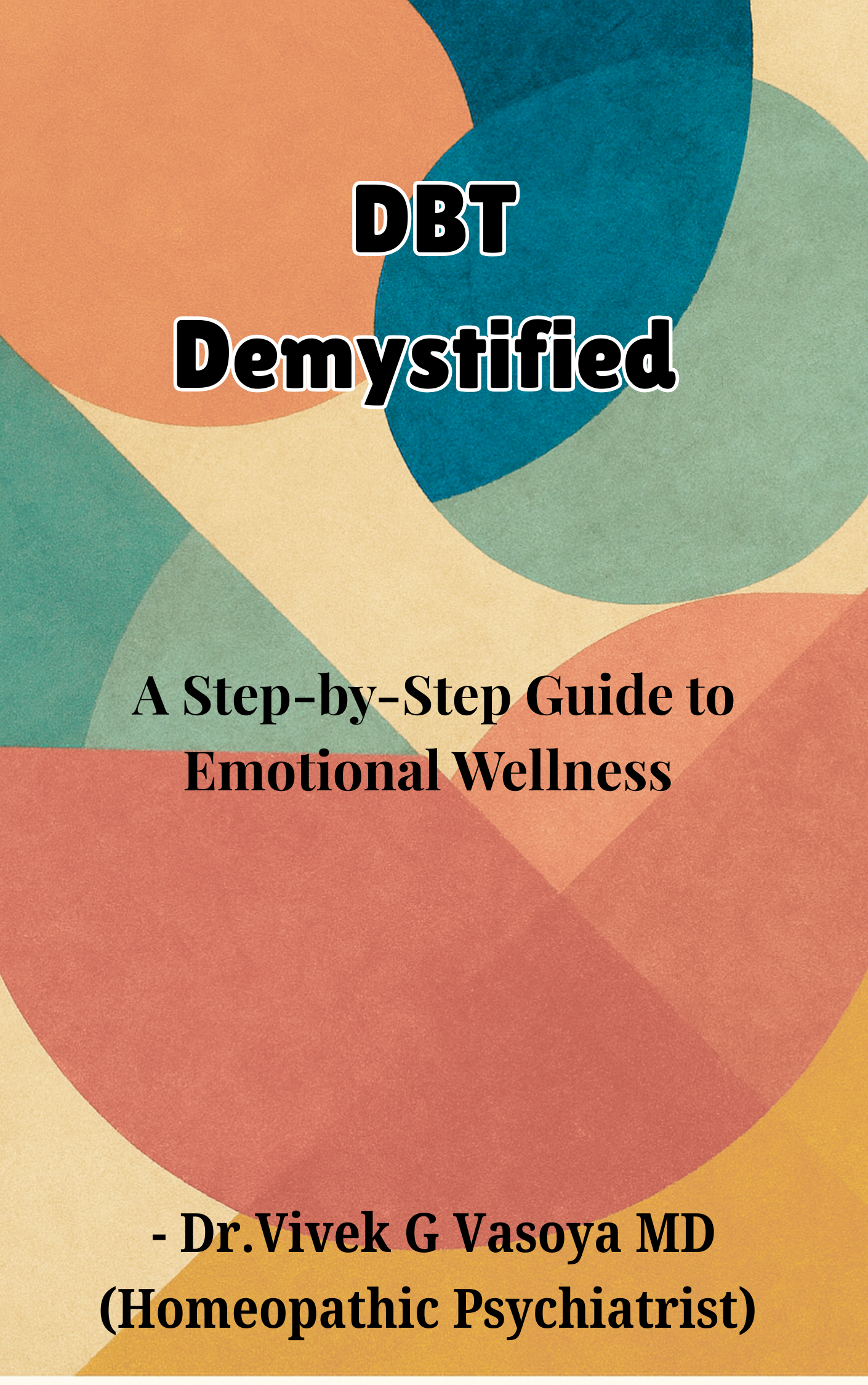
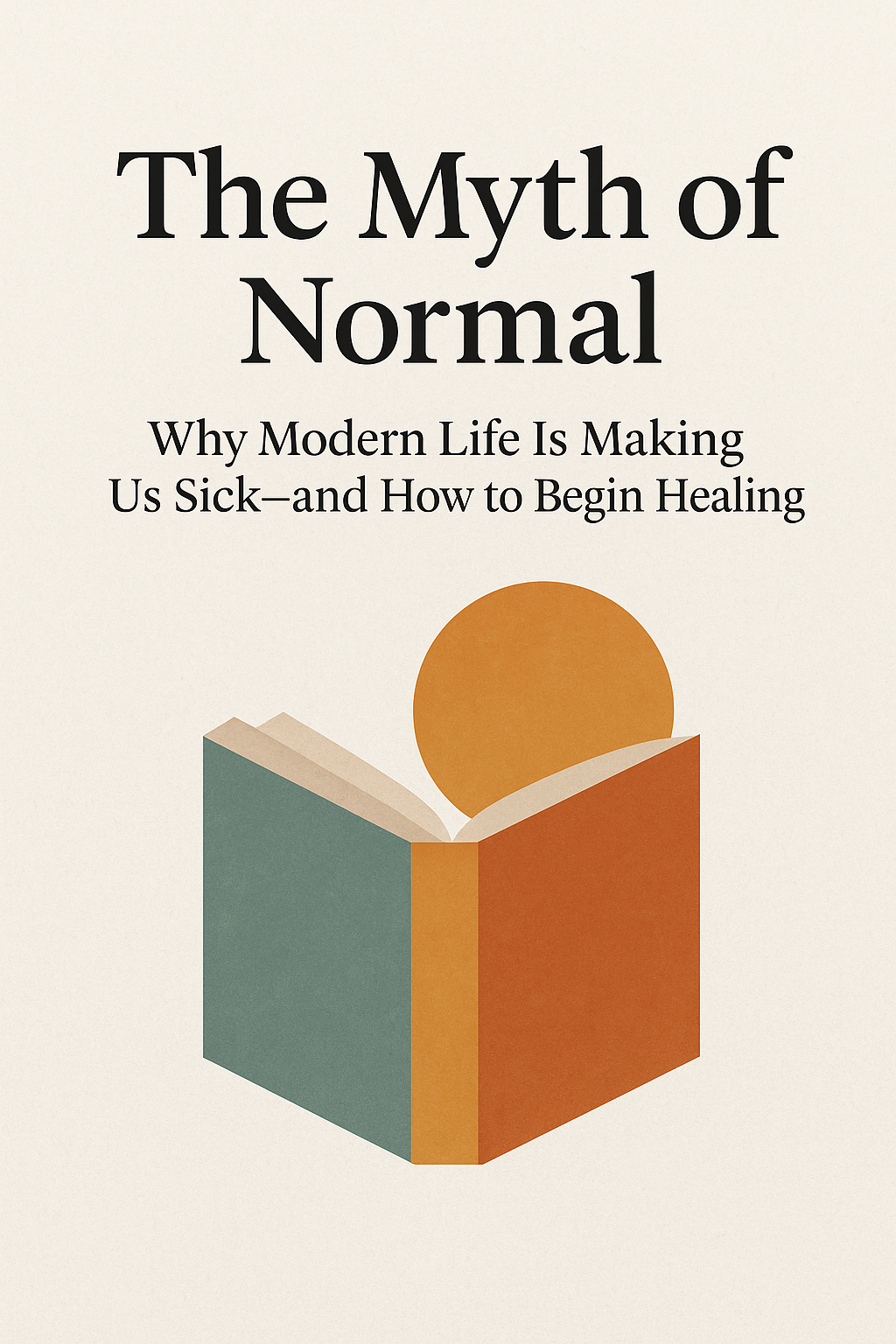
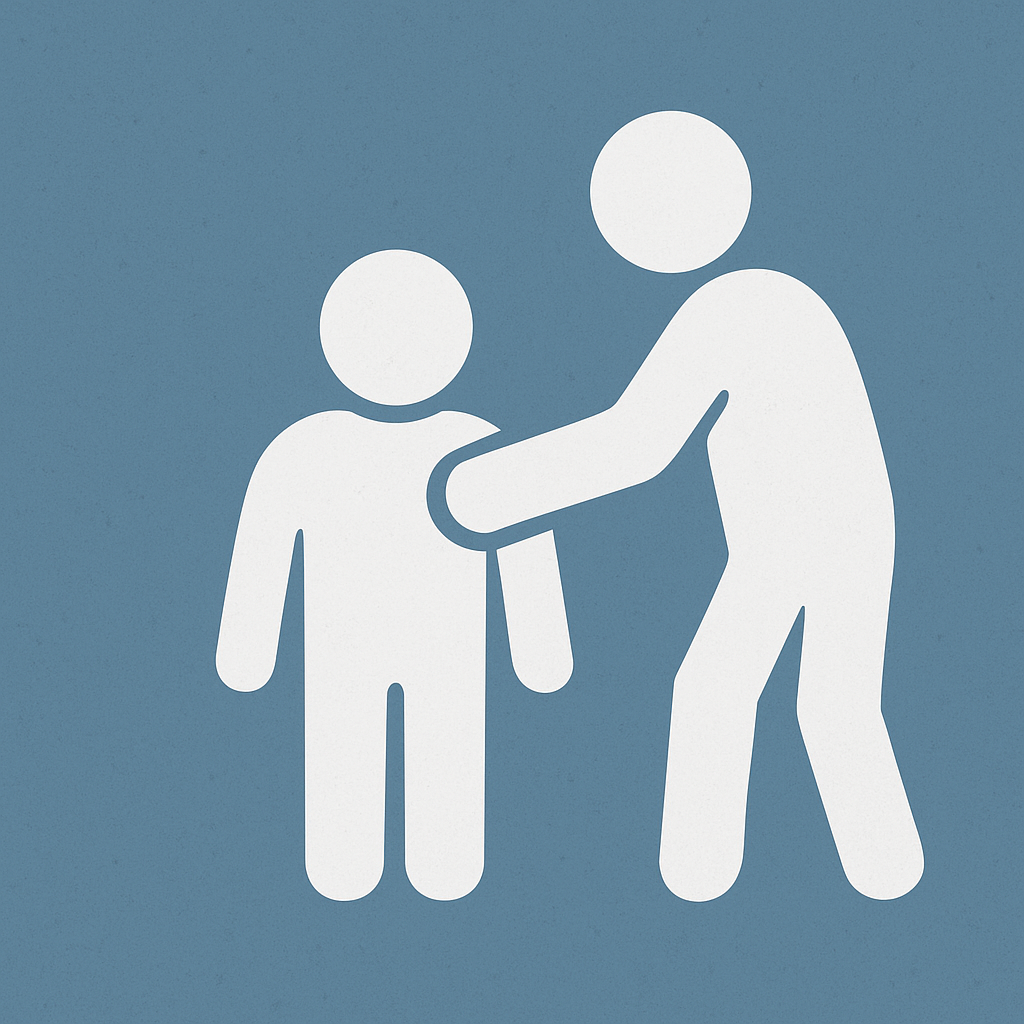
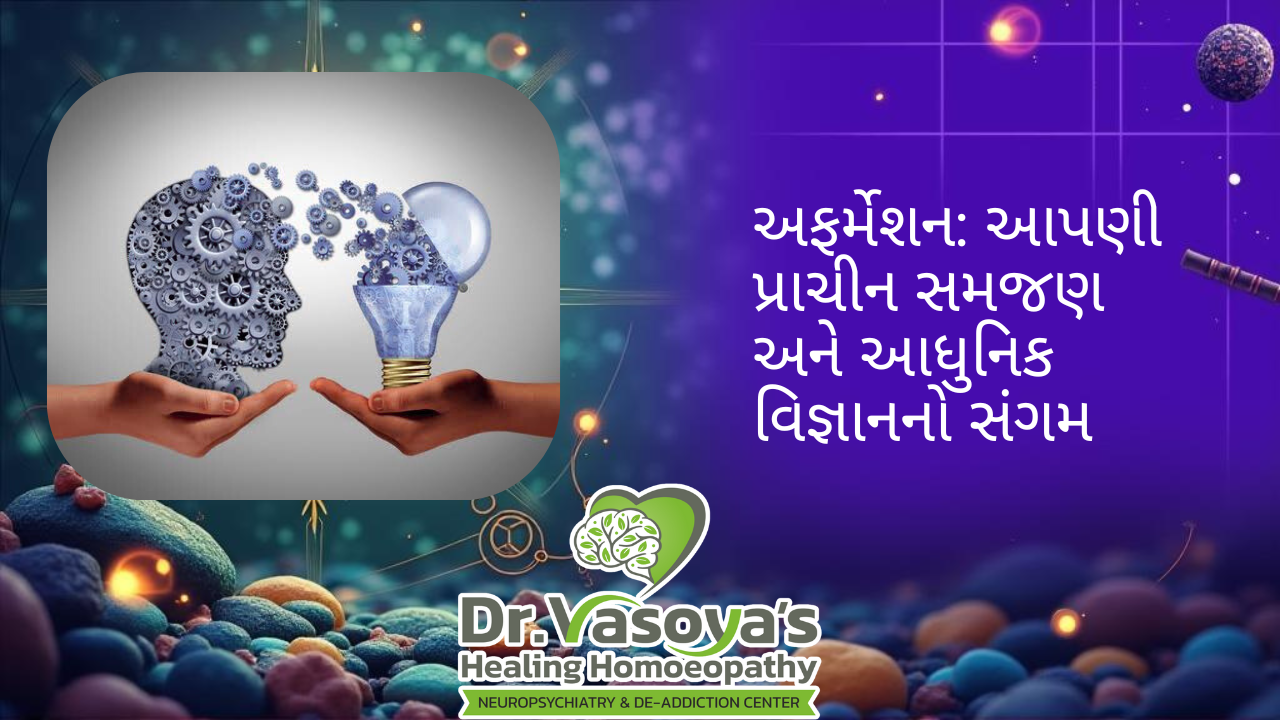
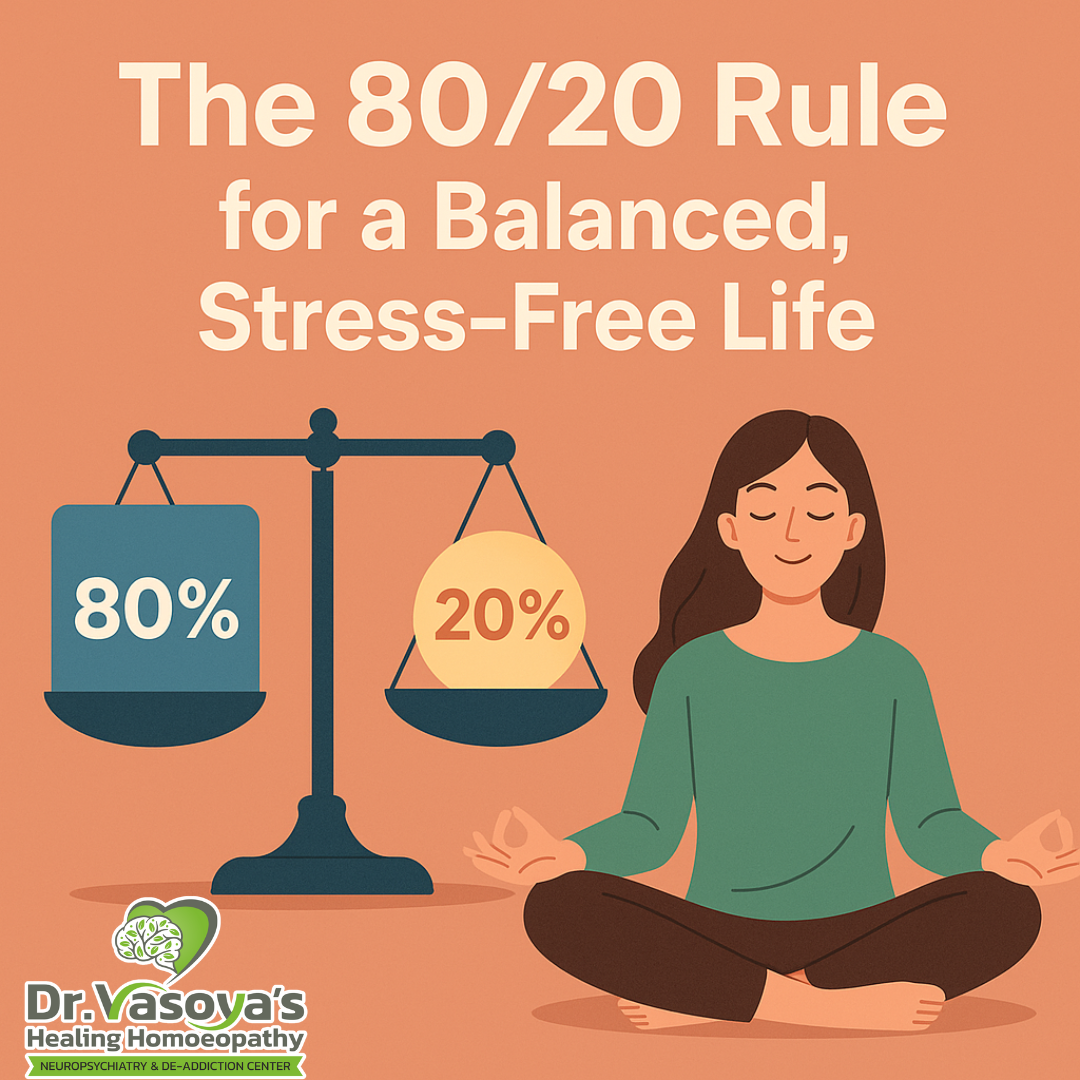
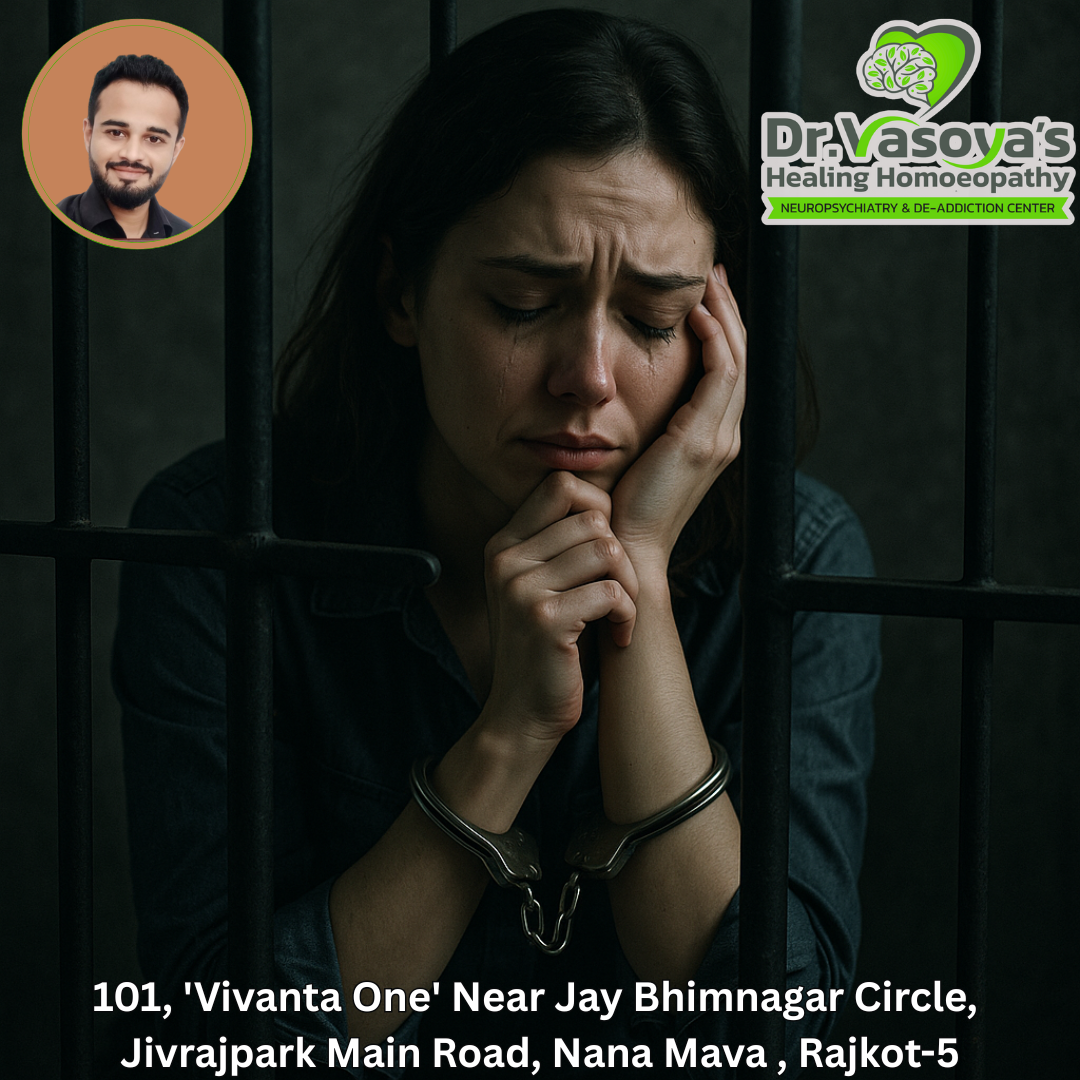

Write a comment ...